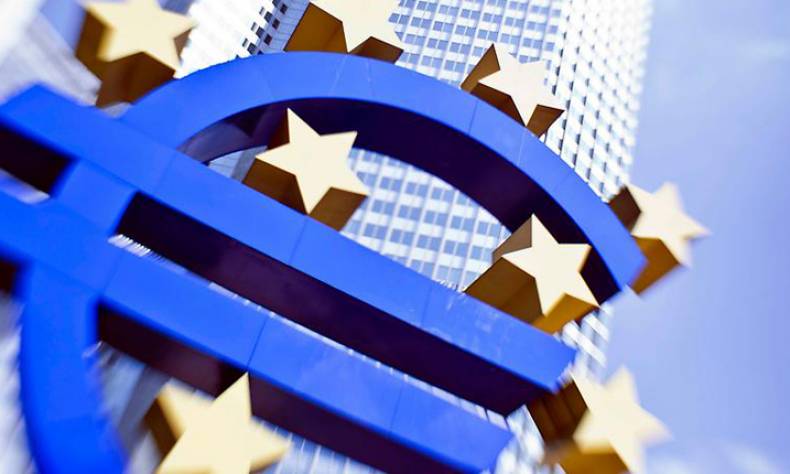
China alleged to invest in EU Infrastructure Fund
Reuters recently announced that the Chinese government shall contribute ‘an multi-billion dollar investment’ towards European Union’s investment fund, the European Fund for Strategic Investment (EFSI).
According to a draft communiqué presented to Reuters, the exact figure of the investment offer has not yet been confirmed. Furthermore, it has been suggested that China will make the pledge at a Brussels summit in late June 2015. The Chinese Premier Li Keqiang is also expected to participate at the high-level event. Both EU and China representatives have noted that China will predominately seek to back projects within the areas of telecommunication and technology.
The EFSI was initiated by the European Commission in late 2014 to offer finance infrastructure programs in sectors such as energy, transport, education, and innovation . However, its introduction was met with criticism from the European press. In November 2014, The Telegraph commented that the investment fund, worth 315 billion euros, “ provide[s] almost no new money of its own and is relying on subprime forms of financial engineering [and] depends on leverage that increases the headline figure by 15 times, leaving EU taxpayers bearing the heaviest risk while private investors are shielded from losses.” As a result, the prospect of a financial injection from China will very likely come as a great relief to European Commission.
The news coincides with the forty-year anniversary of the official diplomatic China-EU ties. China and the European Union cooperated in numerous areas including security matters, climate change and innovation. In addition, the EU has been China’s leading trading partner for over a decade, whereas China remains the EU’s second most prevalent trading partner. None the less, it will be interesting to see how China’s alleged investment offer could influence the future cooperation between the EU and China.
For starters, it is possible that China would expect its EU counterpart to scratch its back in return by offering to invest in China’s its own major infrastructure development program, the New Silk Road Economic Belt and 21st Century Maritime Silk Road – commonly called “One Belt, One Road” (OBOR) initiative.
As the development strategy concentrates on boosting connectivity and collaboration amongst several Eurasian countries various Eurasia, one could further argue that the EU could greatly benefit from getting involved in the project. For one, improved transport in the region would significantly facilitate trade between China and the EU. For example, in the article ‘Why the ‘One Belt One Road’ Initiative Matters for the EU’, The Diplomat writes that “using this rail line, the delivery of a European car to China could be reduced to 25 days, comparing to two months by sea, thus reducing the time cost of shipping.” Similarly, the same article also claims that the OBOR could also present itself as a ‘cultural bridge’, thereby strengthening people-to-people exchanges between the two powers.
In addition, there has also been talk of the European Union considering the becoming a member of the China-led Asian Infrastructure Investment Bank (AIIB). Reuters explains that such a move could be possible as “the bank is open to “economic entities” rather than just states”. Although this could led to great potential for collaboration between the EU and China, the move may come to a blow to the U.S., which has already voiced its concerns after certain EU countries – including Germany and the UK – joined the organization, expressing that the AIIB might not meet the same standards of the US-led World Bank.
Not only has China backed infrastructure projects in Africa and South America, but now the country is allegedly extending its so-called economic diplomacy to the EU. These actions – in combination with the AIIB’s introduction – may lead many to wonder whether China’s rising influence in the spheres of economics and international politics will signal a new world order. Whether this turns out to true or not, China and the European Union nonetheless appear set on working towards a mutually-beneficial relationship.
 Facebook
Facebook
 Twitter
Twitter
 Linkedin
Linkedin
 Google +
Google +











Comments are closed.